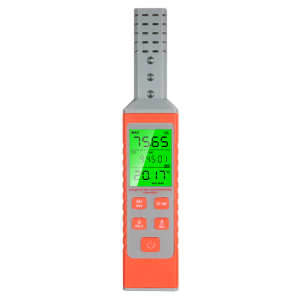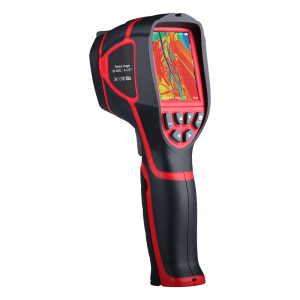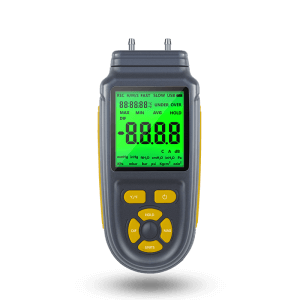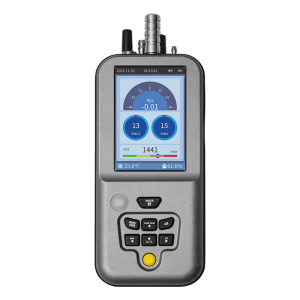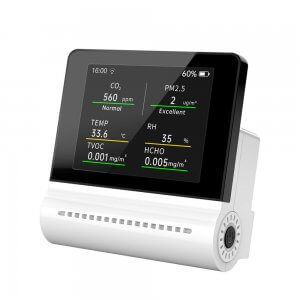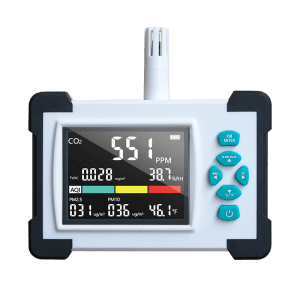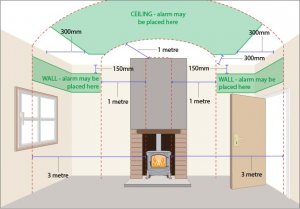Dust particle surrounds us. it finds its place in our homes, our cars, and our workplaces. But sometimes we are much more exposed to dust than others, which can be a cause for concern. You may want to know how much effect the dust there is on your lungs.
The lungs are sensitive to dust particles in the air. If it is partially filtered through the hair on our nose, then part of it gets into our bronchi. Do you have sensitive lungs, have asthma, or cannot cough up any coughs in a dusty room? Let us explain to you what dust does to your lungs, and why it is such a hard thing for you to tolerate.
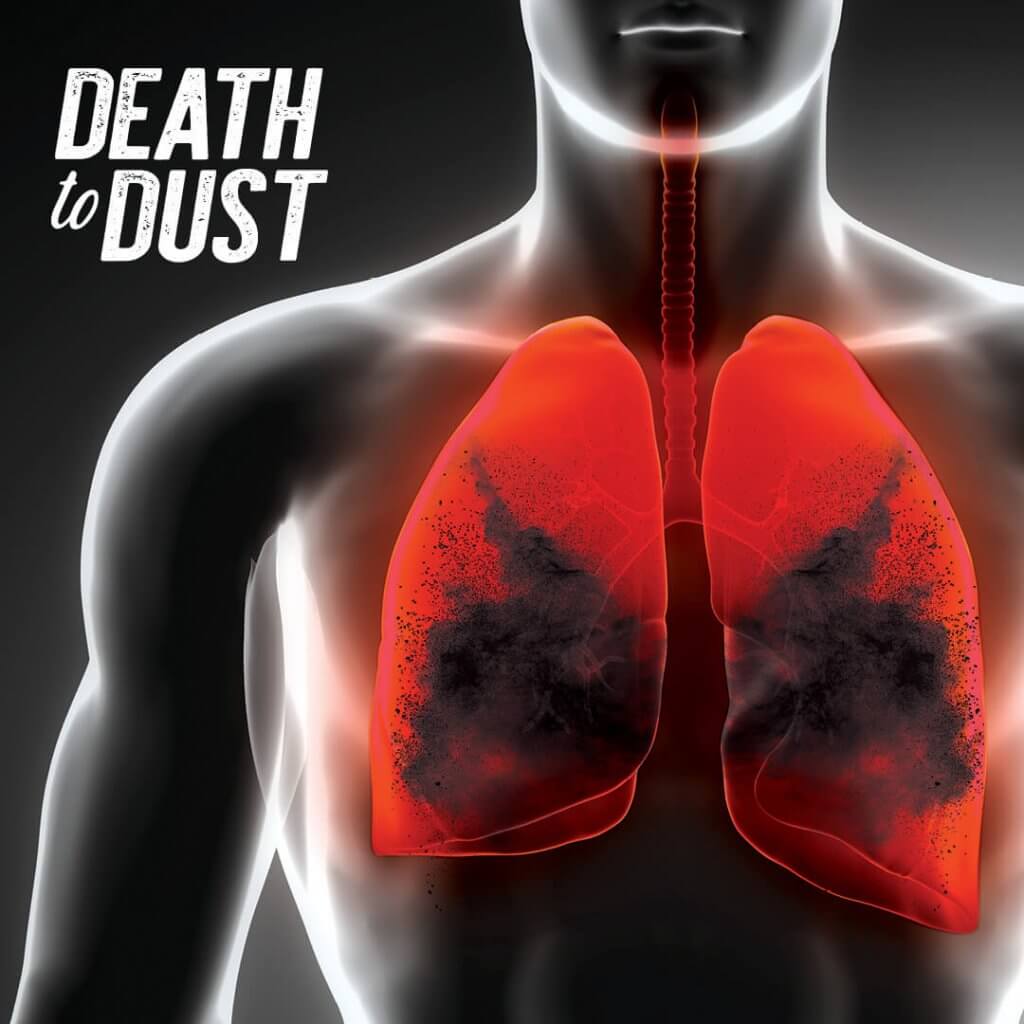
What happens if my lungs are affected by dust?
The lungs are delicate, living organs. Like cigarette smoke, the Lungs are affected by dust particles. Dust gets trapped inside your bronchioles, which could get blocked up if you inhale too much. Worse still, Inhaling a lot of dust can lead to the development of lung conditions such as pneumoconiosis, which require long-term treatment. A person may experience shortness of breath, chest tightness, fevers, and fatigue. Large dust particles cause eye, nose, and throat irritation. Lots of dust can also cause tracheitis and bronchitis because the particles can inflame your trachea and bronchial tubes. Dust particles weaken the immune system over time, making people susceptible to other illnesses. there is dust everywhere, even in a clean home.
Our lungs have protection mechanisms, like the nasal hairs or the macrophage cells, which are specifically designed to break down dust when it gets to your air sacs, which are designed to contain oxygen. However, breathing dust is highly irritating for your lungs. To prevent discomforting them, it is highly recommended that you de-clutter your living spaces a few times per week. This also allows you to keep your living area clean, which is beneficial for your immune system. If your lungs cannot clean up the dust that you breathe, this may lead to damage in the lungs. Tip: You could use a dust particle counter to measure the dust level in real-time in your environment.
Dust particles in the air may cause breathing difficulties, like colds or bronchitis. Lung damage can also make you more vulnerable to passing germs. If you experience any type of lung pain, seek medical attention immediately. Lungs are organs that regenerate over years, but if you have a sense they are getting worse, you are better off not hanging around.
How do I know if I inhaled too much dust?
There are three different levels of dust inhalation symptoms that can be used to determine if you have inhaled too much dust. All levels can have the same symptoms, so it’s important to see a doctor to determine the severity of your dust inhalation.
The acute level doesn’t last long and can make you feel like you’ve caught the flu. You may have a cough, shortness of breath, chest tightness, sweating, fatigue, fever, and chills. These symptoms should disappear within a few days if you avoid breathing in more dust.
Subacute dust inhalation results from prolonged contact with small amounts of dust particles. Symptoms begin with a fever and gradually worsen over time. At a more severe level, you may experience fatigue, shortness of breath, and coughing.
Chronic effects from inhaling too much dust occur after long periods of dust exposure. These are the most common effects in construction workers who work constantly in contact with dust. Symptoms include shortness of breath, fatigue, cough, and weight loss. These symptoms will also get progressively worse. You should consult a medical professional about this.
What should I do if I inhale too much dust?
If you have suffered too much damage to the lungs, the breathing system actually stops filtering out the particles of dust. Breathing in dust particles with an aerodynamic diameter of less than 2.5 micrometers can cause the dust to enter your bloodstream, which affects your kidneys, heart, and brain. Serious health problems can result and can potentially lead to heart failure. In this situation, you should consult a doctor and identify the severity of the damage.
Take the appropriate action when you are in an environment that is irritating the lungs. If you are outside, put on masks. Indoors, open windows to freshen up the air inside the room may be a solution, provided that the winds are not too strong. Sometimes, drinking green tea can help by strengthening your lung cells. That can reduce irritation to your lungs if you only have mild symptoms.
The most common places where dust inhalation can pose a significant threat are construction sites, mines, and deserts. In all of these environments, you must wear protective clothing to block out dust. Masks are important to keep dust out of your airways.
Breathing masks are the best mask option, as they are equipped with air filters. These filters are designed to protect you from as much dust as possible. But some dust particles still manage, sometimes, to pass through the barriers.

